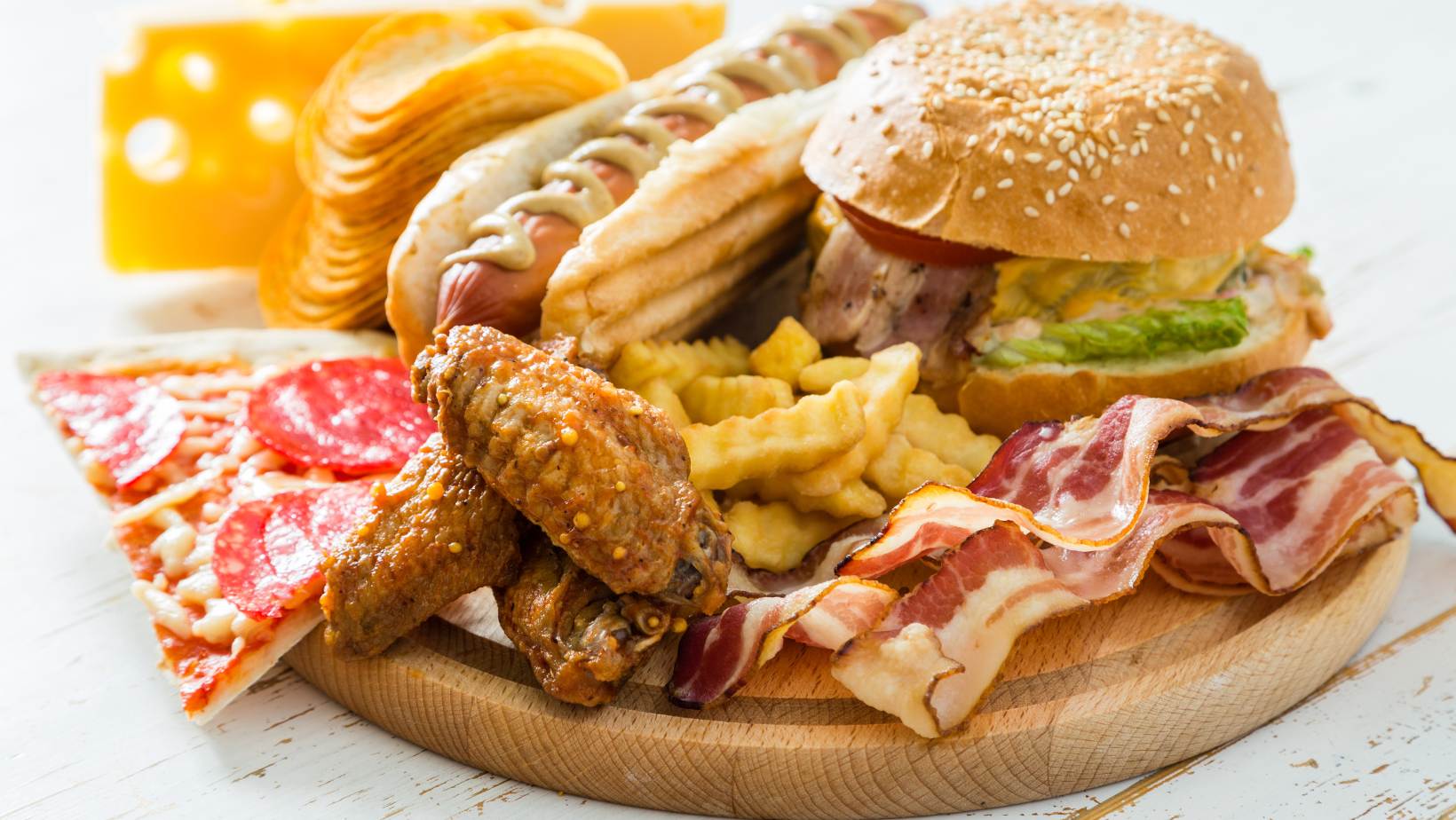Inflammation is a buzzword in the medical world these days, and for good reason. Chronic inflammation has been linked to a host of health woes, from heart disease and diabetes to arthritis and even cancer. But did you know that the foods you eat can have a major impact on inflammation levels in your body? I sat down with Dr. Brad Weening and Dr. Paul Zalzal to get the scoop on the top 6 inflammatory food offenders – and trust me, some of them may surprise you!
1. Sugar: Sweet, But Not So Innocent
“When it comes to inflammation, sugar is public enemy number one,” says Dr. Weening. “Sugar and high fructose corn syrup have been directly linked to elevated markers of inflammation in the bloodstream.” And it’s not just in obvious places like candy and soda – added sugar is lurking in everything from bread to salad dressing.
2. Trans Fats: The “H-Bomb” of Inflammation
Trans fats, often found in fried foods, fast foods, and margarine, are like “an H-bomb on your body,” according to Dr. Zalzal. “They lead to a spike in C-reactive protein, a key indicator of inflammation.” So those french fries and donuts aren’t just expanding your waistline – they’re fueling the flames of inflammation, too.
3. Refined Carbs: Inflammation in Disguise
“Refined carbohydrates – think white bread, pasta, and rice – have a sky-high glycemic index, which means they cause a rapid spike in blood sugar,” explains Dr. Weening. “This triggers an inflammatory response in the body.” Opt for whole grain versions instead to keep inflammation at bay.
4. Alcohol: A Toast to Inflammation?
Sorry to be the bearer of bad news, but your nightly glass of wine could be contributing to inflammation. “Alcohol has been shown to elevate C-reactive protein levels,” notes Dr. Zalzal. “If you’re going through a period of inflammation, it’s best to lay off the booze for a bit.” Mocktails, anyone?
5. Red and Processed Meats: A One-Two Inflammatory Punch
Red meat and processed meats like bacon, sausage, and deli meats are double trouble when it comes to inflammation. “They contain compounds called advanced glycation end products, or AGEs, which are directly linked to inflammation and even cancer,” warns Dr. Weening. In fact, processed meats are in the same carcinogenic category as cigarettes and asbestos. Yikes.
6. Vegetable Oils: The Omega Imbalance
“While we used to think all omega fatty acids were created equal, we now know that too many omega-6s can actually promote inflammation,” says Dr. Zalzal. “And vegetable and seed oils are loaded with them.” His advice? Go easy on the oil, and opt for anti-inflammatory cooking methods like steaming or baking instead of frying.
The Bottom Line
Now, before you despair over your dwindling dietary options, the docs offer some reassurance. “We’re not saying you can never eat these foods,” clarifies Dr. Weening. “But if you’re dealing with an inflammatory condition, cutting back on these culprits may help you feel better faster.”
Some other potential inflammation triggers to keep on your radar? Gluten, for those with sensitivities or celiac disease, and nightshade vegetables like tomatoes, peppers, and eggplant – although the evidence is more anecdotal than conclusive for this latter group.
At the end of the day, the best anti-inflammatory diet is one rich in whole, unprocessed foods – think plenty of colorful fruits and veggies, whole grains, lean proteins, and healthy fats like olive oil and avocado. By being mindful of the inflammation-provoking potential of certain foods, you can help keep the fires of inflammation low – and your energy and vitality high.
Frequently Asked Questions
Q: Are all sugars equally inflammatory?
A: While all added sugars can contribute to inflammation, some may be slightly less harmful than others. For instance, natural sugars from fruit come packaged with fiber and nutrients that help blunt their inflammatory impact. But in general, it’s best to minimize added sugars from all sources.
Q: Is butter a better choice than margarine?
A: From an inflammation standpoint, yes. While butter is high in saturated fat, it doesn’t contain the inflammatory trans fats found in margarine and other partially hydrogenated spreads. Opt for grass-fed butter in moderation, or try mashed avocado as a creamy, anti-inflammatory alternative.
Q: What about plant-based meats?
A: While plant-based burgers and sausages can be a good option for those looking to cut back on red meat, they’re still highly processed and may contain inflammatory additives. Stick to whole food protein sources like beans, lentils, nuts, and tempeh most of the time – and save the faux meats for an occasional treat.
